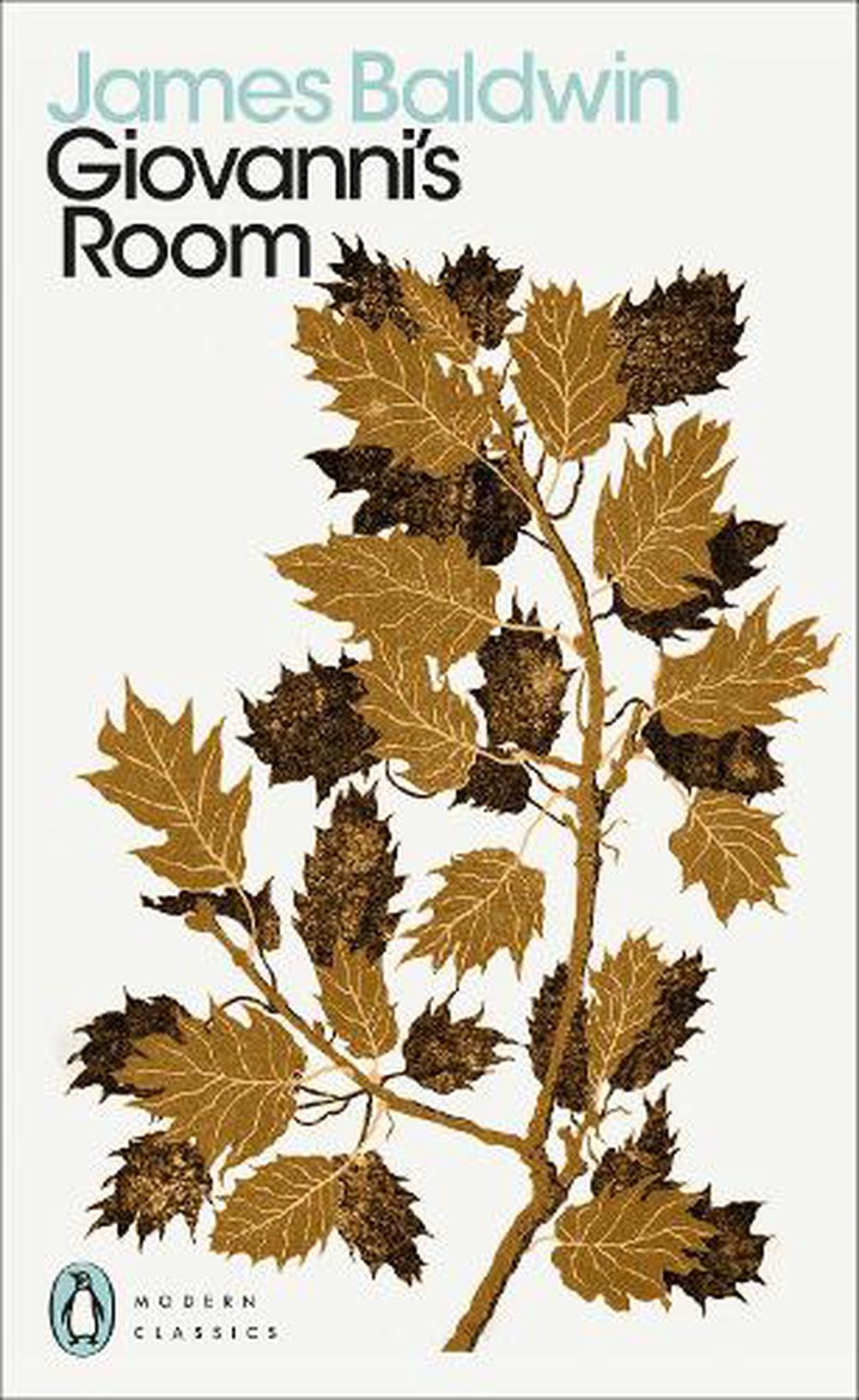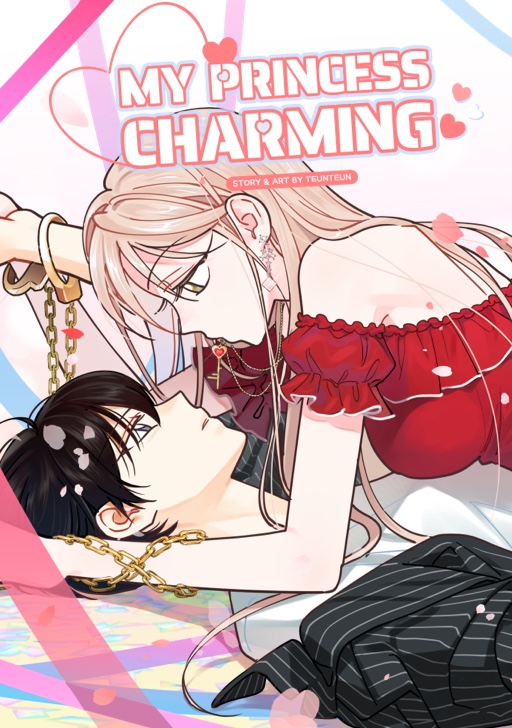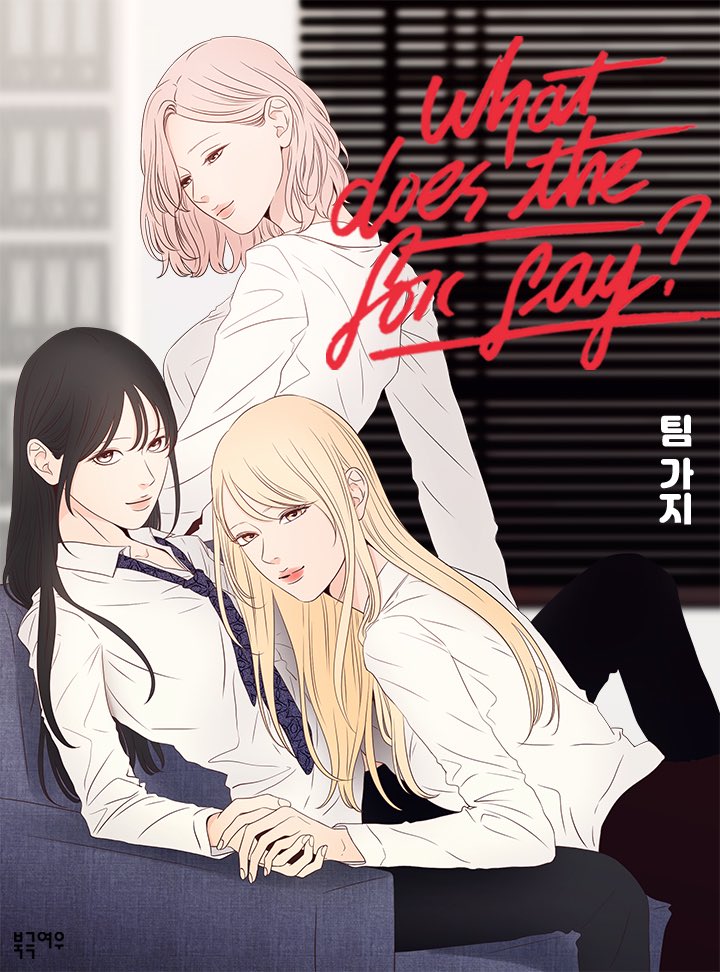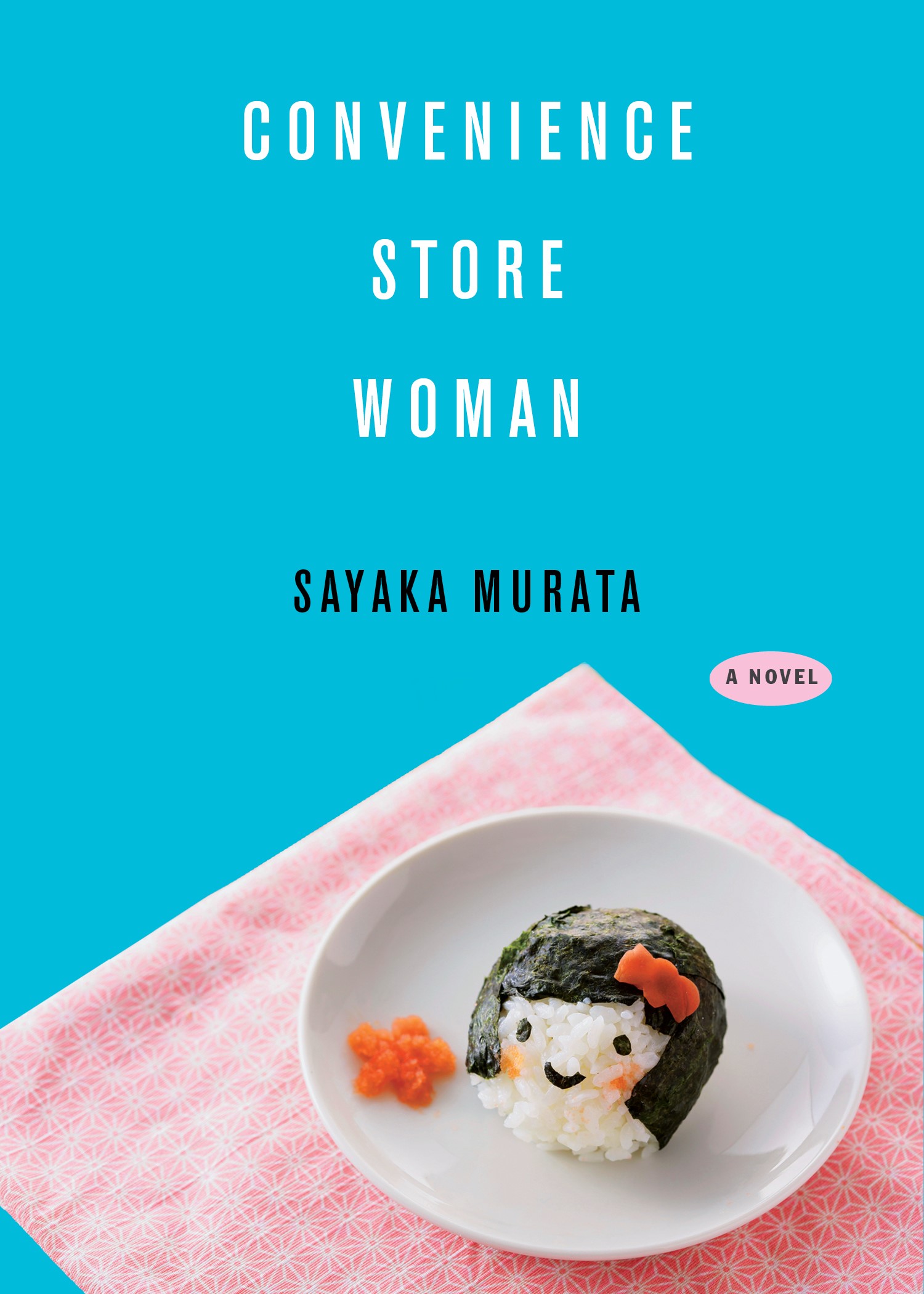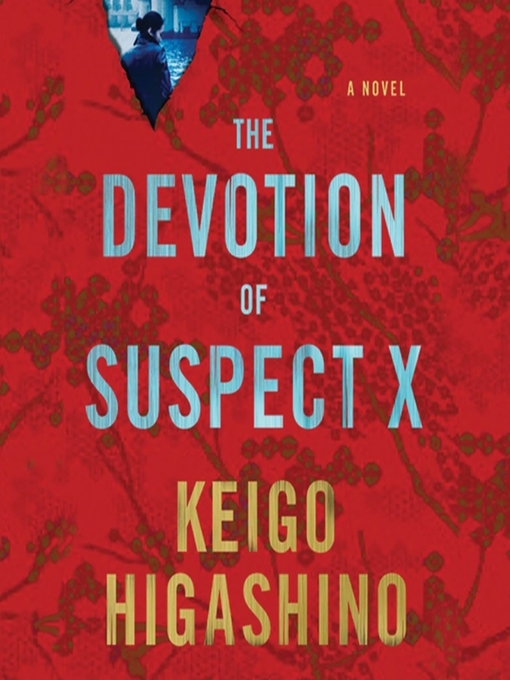I put off reading this book for quite awhile because despite my respect for James Baldwin, I find most modernist literature depressing. As I reflect on it, I find it difficult to rate. On a personal level, I find much of this book frustrating. The main character is contemptible, the central conflict is tragically avoidable, and the end isn’t satisfying so much as, well, depressing. However, if I am objective, I think all of this was intentional, and the technical proficiency of the book is obvious. James Baldwin isn’t a literary juggernaut for nothing. The book stands at a breezy 150 pages, with a well-paced, rhythmic, easy-to-read style of writing. Still, it’s substantial enough to have quite a lot of re-read value. The prose manages to be both crisp and elegant, and I was taken aback by how different it was from some of James Baldwin’s other work. It’s a lot tighter than his debut novel while maintaining a pleasant lyricism. It also has a quintessentially modernist voice that vocalizes alienation and disconnectedness, moving through time non-linearly without ever disrupting the flow of the narrative. The characters are brutally flawed in a way that feels textured and carefully realized. Even characters who are used sparingly feel very weighty and purposeful. And the themes are articulated to devastating effect, and they are surprisingly relevant even in 2024. But I’m getting ahead of myself.
Giovanni’s Room is about an American man named David living in Paris, whose girlfriend is travelling in Spain to contemplate his proposal of marriage. David meets a bartender named Giovanni at a gay bar, and despite David’s hesitation, the two become entangled in a torrid love affair. The novel takes place on a lonely night as David ruminates on what has led to the circumstances of the present: the next morning, Giovanni will be executed by guillotine.
David has been attracted to men since his youth, but due to a slew of personal circumstances and hang-ups, he has never been able to accept this aspect of his identity. Much of the novel involves David struggling–and failing–to repress his attraction to men, beginning when he is a teenager and continuing when he meets Giovanni, whom he both loves and resents in equal measure. After months of living in Giovanni’s room, David’s girlfriend, Hella, returns from Spain and accepts his proposal. David leaves Giovanni without a word (I have a lot to say about this, by the way). Giovanni, destitute and penniless after being fired and abandoned, is driven to prostitution to get his bartender job back. His ex-boss denies him the position to humiliate him, which leads to Giovanni murdering him, which gets him arrested and sentenced to death. David, depressed and brimming with guilt, pulls away from Hella. She catches him with a man, leaves him, and David is left alone with his thoughts as the morning of Giovanni’s execution arrives.
A few themes jump out to me. First, there is obviously the theme of gender roles being constrictive. David’s angst is almost entirely centered around his insecurity in his masculinity, as he perceives heterosexuality to be a cornerstone of being a ‘real man.’ Interestingly, it’s also explored quite effectively with Hella, who concedes that the only way to be treated as an autonomous person is, ironically, to surrender herself to a husband as property. She tries to explain the status quo for women in a world where gender is only understood through a lens of heterosexual unions, and he pretends not to understand what she means. Not unrelatedly, David and Giovanni both express misogynistic attitudes. Giovanni launches into a rather distasteful tirade against women fueled by his aching jealousy of Hella, and David uses a woman as a sex object while being fully aware of what he is doing and why it is wrong (he does it anyways). I actually respect James Baldwin a lot for including commentary about this at all–in a book about gay and bi men, it would be very easy to frame them as unambiguous victims of patriarchy and heteronormativity (and they certainly are victims), but the book makes it clear that these men can and will perpetuate a system that maligns women.
But an element of the novel that interests me even more is the exploration of exploitation. Giovanni and David both believe they are in mutually manipulative dynamics with Jacques and Guillame, two rich, older gay men who dangle their money over young men’s heads in exchange for flirtation and/or sex. Giovanni and David are both cavalier about this and casually reference it, but it clearly eats away at them both, particularly Giovanni. And as the story progresses, the power asymmetry becomes clearer and clearer. No matter how much you believe your sexuality can be weaponized, you are still vulnerable. A rich man can live without sex, no matter what he says. But you cannot live without food and shelter. This is most salient with Giovanni, and I think it informs his misogyny very well. Giovanni is routinely sexually exploited and objectified by powerful men, and his way to cope with this is to punch down. Rather than conclude that no one should be dependent on a rich man’s sexual appetite to survive, perhaps it is easier to conclude that you specifically don’t deserve it. But everyone craves dignity, and it’s the perpetual denial of it that makes Giovanni snap.
There are more themes that are woven through the narrative, like travel/flight as a futile attempt to escape one’s (national, familial, gendered, occupational, sexual) identity, classism and labor exploitation, water as a metaphor for human fluidity, and most of all, the fear of truly loving another person, but I worry that if I tackle all of these too, this review will get way too long! So I will move on to my personal, ahem, impressions.
I hate David. I find him difficult to sympathize with even if I understand what his central conflicts are. He is cowardly, pathetic, selfish, indecisive, passive, and self-pitying. His self-awareness is infuriating because he is completely and utterly aware of everything he’s doing wrong, but also entirely determined to do absolutely nothing about it. He knows how his abandonment of Giovanni will affect him, especially after he discovers the truth about where Giovanni came from, but he chooses himself and his own comfort, always. I think this was very much on purpose, and I think we are meant to loathe David–Giovanni really sums it up perfectly here:
‘You do not,’ cried Giovanni, sitting up, ‘love anyone! You never have loved anyone, I am sure you never will! You love your purity, you love your mirror—you are just like a little virgin, you walk around with your hands in front of you as though you had some precious metal, gold, silver, rubies, maybe diamonds down there between your legs! You will never give it to anybody, you will never let anybody touch it—man or woman. You want to be clean. You think you came here covered with soap and you think you will go out covered with soap—and you do not want to stink, not even for five minutes, in the meantime.’ He grasped me by the collar, wrestling and caressing at once, fluid and iron at once: saliva spraying from his lips and his eyes full of tears, but with the bones of his face showing and the muscles leaping in his arms and neck. ‘You want to leave Giovanni because he makes you stink. You want to despise Giovanni because he is not afraid of the stink of love. You want to kill him in the name of all your lying little moralities. And you—you are immoral. You are, by far, the most immoral man I have met in all my life. Look, look what you have done to me. Do you think you could have done this if I did not love you? Is this what you should do to love?’
This scene was pretty agonizing to get through, honestly. And to make sure we really know David fucking sucks, Hella tells him off too as she leaves him. She rightfully points out that in all the time he’s spent jerking her around, she could have been in the arms of someone who really loves her. David is also very explicitly warned that if he cannot accept who he is, his life will be miserable, but he does not listen because he is a navel-gazing moron who would stand in front of a moving train and then be shocked when it hits him. Ugh!
But I digress. This review is already much longer than I had hoped, and I could honestly make it triple the length if I let myself, so I’ll say this: whhen a book can inspire this much emotion and thought, it’s done something effectively. Sometimes I read books that I enjoy okay, but forget about, and sometimes I read books that I wish I had an excuse to write a 12 page MLA formatted essay about. This is one of the latter, and although I still think modernist literature is depressing (this book is like if The Stranger and The Sun Also Rises were mixed in a gay blender), these books do tend to stick with me longer than most. I also find it really refreshing to read a book that doesn’t soften the edges, especially since narratives exploring gayness have become so saccharine and sanitized. Reading old gay liberation literature has made it clear that the issues this book tackles–older men preying on younger men, intracommunity contempt, gay men perpetuating misogyny, etc. were (and still are) very real and very important to address. So from that angle, I appreciate this book’s willingness to be confrontational. And, of course, it is a perpetually relevant testament to the importance of seizing love when you find it, no matter what anyone has to say about it. Because who knows? It might disappear like water trailing between your fingers.
Made me laugh out loud several times and I really love the protagonist, but the ending was a little too rushed. Still, this is a self-indulgent cotton candy webtoon and it hits the spot when that’s what you’re craving.
Yuna is a beautiful girl. So beautiful, in fact, that men are always hitting on her, much to her dismay. She decides to fake date a man to get them off her back, but the first one to catch her eye is actually a woman, Min. She agrees to fake date Yuna, but her reasons are initially ambiguous. Hijinks ensue as the two realize their feelings could be real.
I loved the art, I loved the protagonist, I loved the jokes, and I loved the outfits. Min’s whole plot with the professor could have been handled a lot better though, I think. Basically, the reason Min agrees to fake date Yuna is because she’s already dating (? kind of) a professor who is so afraid of being found out that she puts Min at an arm’s length. It’s very difficult to gauge how the professor actually feels about Min, and her mixed messages come across as really cruel, juvenile, and bizarre. In one moment, she’s telling Min to give up on her. Then she’s kissing her in a car. Then she’s breaking up with her. Then she’s telling Min to wait for her. Then she’s shocked Min thinks they’re a couple. What? I could not understand what this character was ever thinking or doing.
As for our leads, Yuna behaves like a more self-centered Usagi Tsukino, a crybaby girly girl who is hilariously shallow, but still charmingly sincere. Min was a little more clumsily written, but I can forgive it because her arc is more ambitious. I wished Min’s masculinity and the way she’s treated in the world was explored a bit more; there are hints of it here and there, but it’s never really directly addressed aside from Yuna telling off a would-be suitor who says she may as well date a man if she’s going to date a masculine lesbian. There’s also a side character who functions like a ‘cupid’ figure and sort of? love rival, who I think was under-utilized. She was too much and not enough.
The ending was way too fast, but it was still satisfactory. I bought our leads’ feelings for one another and wanted them to be together, which means the story was successful on its most basic level. I don’t need a lot from stories like this, just to be genuinely funny and fun to read, so I was not disappointed. I think this is for women who grew up on shoujo and fanfiction and just want that, but about lesbians.
I really wanted to like this more than I did. It’s frequently mentioned in the same breath as titles like Opium in terms of mature GL, but I gave it a pass until now because I didn’t love the art (despite it being a frequent selling point of the series). After reading it, I wavered between 2 and 3 stars, but by the epilogue, I realized how much I wanted it to end and couldn’t really justify higher than a 2.
WDTFS follows Sungji, a stunningly beautiful 24 year old kissless virgin who falls in love with her boss, Sumin, a cold and complicated woman 10 years her senior (at first sight, no less). The problem, however, is that Sumin is hung up on her ex, Seju, and has a long history of unsuccessful relationships (31, in fact). It’s basically a ‘perfect girl tries to fix the broken girl’ narrative, the lesbian response to ‘I can fix him’ stories, if you will.
It feels like you’re meant to self-insert as Sungji, but she’s so bland I couldn’t find anything to identify with. She’s a void of a person. Her affection for Sumin is pretty unrelatable because it’s so one-dimensional and underdeveloped. Sumin is a lot more interesting, but that’s not especially difficult to do. Ironically, the character who is hands-down the most compelling and developed is Seju, the toxic ex-girlfriend.
Seju has a complicated and miserable home life and found refuge in her relationship with Sumin. Years in, after Sumin’s parents die, the two get into an argument and Seju inexplicably cheats on her with a man, leading to their bitter break-up and a decade of on-off love/hate/comfort sex. Seju sabotages Sumin’s relationships and is determined to live her life waiting for Sumin to forgive her and choose her. Naturally, once Sumin starts dating Sungji, Seju (rather easily) convinces Sumin to cheat with her, and this leads to Sungji dumping her for 10 seconds. You’d think this would be a great time for the story to ask questions like, ‘How is this any better than what Seju did?’, or ‘Is Sumin feeling stupid for her decade-long mind games with Seju now that she’s also been unfaithful?’, or maybe, ‘Will Sumin finally acknowledge she was not a perfect partner?’, but alas.
Anyways, after much convoluted drama, Seju realizes her presence makes Sumin miserable and leaves of her own volition, clearing the way for our leads to live happily ever after (instead of Sumin actually choosing Sungji deliberately, of course). I cared way more about Seju’s character than I did our protagonist’s, and her romantic relationship with Sumin read as a lot more authentic. We’re treated to over 10 chapters of backstory regarding Sumin and Seju’s relationship, which contextualizes their codepedent mutual obsessiveness, and honestly leaves you thinking Seju deserves a happy ending and Sumin is kind of a hypocritical asshole.
But beyond my personal preferences regarding characters, I think this story’s most egregious flaw is that the characters aren’t written well. For all my defense of Seju, she’s written pretty terribly and the central conflicts are so contrived and out-of-character that it almost feels pointless trying to talk at length about them. These characters do not behave in an internally consistent way. They behave the way the plot needs them to behave for the next plot point to occur. For example, after 130+ chapters, I still don’t understand why Seju cheated with a man. It’s bizarre. But the plot needs Sumin and Seju to be bitter exes who still have feelings for each other, so Seju must be unfaithful. Also, the plot isn’t all that good. Our leads have sex. A problem occurs. They break up. They make up. So on and so forth.
There’s also many elephants in the room that the story just never addresses. For example, Sungji and Sumin’s age gap is shown to be rather important. Not in a hashtag problematic way, but you can feel the gap in life experience and it just ends up making them feel totally mismatched. Whereas Sumin and Seju feel far more in-step in terms of what they’ve been through and where they are in life.
I don’t think I’d be so hard on this story if it hadn’t been hyped up as being a mature, adult-oriented story. It’s just all the worst cliches of the romance genre without any substance to make them enjoyable, sloppy character writing, and a plot so wafer thin you forget about it before you’re done reading the chapter. I can give the story some credit for having funny moments, lesbian sex, and a sympathetic villain, but not much more.
This has been on my to-read list for years, so I’m glad I finally sat down and read it. It’s a very quick read; I finished it in just a few hours. The prose is sparse and straightforward, much like Keiko, our charmingly autistic protagonist. It’s never explicitly stated that she’s autistic, but her behaviors and worldview seem to map to her being on the spectrum.
Basically, Keiko is a 36 year old woman who’s worked at a convenience store for 18 years. She’s always been ‘off’, so her getting this job is initially a relief to her family, but now everyone is alarmed that she hasn’t gotten married, had kids, or gotten a ‘real job.’ A new coworker is fired for being a slacker who stalks the female customers and she decides it might be a good idea to live with him to get people off her back for being single. He convinces her to quit her job at the convenience store and look for a new job, but she falls into a depression. On her way to a job interview, she stops in a convenience store and immediately starts fixing everything wrong with it. She gleefully realizes this is where she belongs, and despite her would-be boyfriend’s protestations, decides to get a new convenience store job.
I quite liked this book, a lot more than I expected. I don’t really think this book is as comical as much of the coverage would suggest–in fact, much of the novel is rather bleak. There are really funny moments, like the fact Keiko continuously compares her live-in fake boyfriend to a stray animal and calls his meals ‘feedings,’ but this is overall a story documenting how difficult it is to be different in a world that mandates specific behaviors, many of them gendered. I related a lot to Keiko. I, too, have struggled with getting a job outside a very specific context I’m comfortable with (library archives, which are similarly routinized) and, as a woman, have dealt with increasing scrutiny regarding my empty womb and lack of a husband. It’s easy to root for her if you understand where she’s coming from. If you’re a woman who doesn’t meet society’s criteria of what you should be, you’ll probably like Keiko and smile when she finally returns to the comfort of a convenience store.
I also think many of the reviews of this book on Goodreads and the like are rather irritating and miss the context in which this book is written. Japan has a more conformist social structure than the US and other English-speaking countries. And even then, I think many women, particularly autistic women, can understand and feel vindicated by Keiko’s story. Some have argued that Keiko’s presumed autism undermines any social commentary Murata may have been trying to make regarding conformity, but I disagree with that. Keiko makes several astute observations regarding the ’normal’ people within the narrative, like the fact that she is not the only one who mirrors other people’s clothing and language inflections. We all do it (she believes to affirm our humanity), but some people do it more naturally and integrate more easily than others. There are many moments like this that serve as broader commentary on how society operates on rules that are just as rigid as the convenience store’s–they’re just unspoken. Is this brand new commentary that’s never been articulated before? Of course not, but I don’t need every novel to reinvent the wheel. Keiko is a perfect vessel for offering insight on this issue from the perspective of an autistic woman, and I think it’s very effective.
Overall, I think this book could have done more, but it’s a perfectly good, quick read. I also have to give it credit for making Keiko a rather admirable protagonist in that she isn’t content to just laze around and become vitriolic and bitter like Shiraha. I find many people have an almost ‘crab in the bucket’ philosophy about how you should just languish in how unfair it all is and get angry about how much society sucks, and it’s easy to fall into this attitude as opposed to just finding what works for you and sticking to it no matter what other people think. I truly felt invigorated and inspired by her determination, to the point I started thinking maybe I really would be happier just going back to working in a library. Thanks, Keiko!
This is a GL webcomic that has been pretty popular for quite awhile and has been on my to-read forever. It’s difficult to rate because as far as GL goes, this is really as good as it gets, but in a vacuum, it probably deserves a 3. So, I will balance it and give it a 4. The art is gorgeous, the story is fine, if a bit shallow, and the characters are…well, uneven. I have a very specific gripe that this story exemplifies. That is, stories that want morally ambiguous characters but are terrified of letting the characters do anything actually morally ambiguous. It’s glaring in Opium because the tone of the story is clearly meant to be gritty and dark, but it struggles to follow through.
Opium follows an ethnically Korean doctor named Maria Arden in the 40s who was adopted as an infant by an American family. She is pushed from her work because of misogyny and racism, ultimately forced to return to South Korea as a military doctor who is hosted by her childhood friend’s husband. He’s a prestigous doctor who is supposed to help her do research, but, as it turns out, he’s also an opium trafficker with quite a lot of enemies. One of the people aiming to take him down is the mysterious, controversial Dr. Lee, who catches our Maria’s eye almost immediately. Dr. Lee is initially presented as very morally compromised and manipulative, and well, frankly, hot. But the story quickly reveals that she’s actually a very good person who is just unambiguously in the right. Like, the worst she really did was have sex with a woman she intended to use for information. But the guy she wants to kill is wholly indefensible–and she didn’t even get to kill him! She feels bad for manipulating and endangering our lead–most of the time her wrongdoings are either accidental or only wrong on a technicality. And by the end, the authors kind of dumbed her down to just being a stock tsundere. I get that you need to have a bit of fluffy fanservice once your leads finally get together and I get that her cold, aloof persona was an unhealthy way to protect herself and her thawing out was supposed to be Good, but damn. I would do anything for a morally complicated woman to just stay morally complicated. Stop fixing them!
I realize this was mostly my personal taste masquerading as review, but honestly the story itself also just isn’t that strong and can’t stand on its own. It’s paced fairly well and feels well-researched, but the actual plot and characters are excruciatingly simple. I really hate to say too much negative about this comic, because again, it’s better than 99.9% of what GL has to offer in a landscape scarred by moe moe kyun high school girls holding h-h-h-hands, super male gazey hentai moans, and poorly plotted and paced stories that just don’t go anywhere, and I really want GL to follow in Opium’s footsteps in terms of going for more ambituous, mature storylines–but if anything, I want them to go a bit further than Opium did. But I think I’d buy this physically if it was a thing. The art truly is stunning, if nothing else.
In complete honesty, this book probably deserves 3 or 4 stars, but I find that its strengths compensate for its weaknesses so effectively that it ends up feeling like a 5 star read to me. I know Deborah Smith’s translation sparked a lot of controversy (and I’m still making my way through the original Korean to see how justified the complaints are), but some of the lines from this book are so beautiful and memorable that it’s difficult for me to be angry with it. Especially knowing that Han Kang collaborated with her on the translation.
But anyways, this book is basically about a woman (Yeonghye) who decides to become a vegan after a series of bloody nightmares, which devolves into a surprisingly upsetting story about patriarchial control, mental illness, and the human capacity for violence. The ending has stayed with me in the years since I’ve read it, and I do re-read it once a year or so to refresh my memory on it. I think the narrative falters at some points, and there are a few lines that are clunky or tonally dissonant, but it’s a great primer on Han Kang’s work.
The book is split into three novellas. The first is told from our protagonist’s lame husband’s POV, the second from her lame brother-in-law’s, and the third from her sister’s. Each novella has a strong, different narrative voice. I think my favorite is the last, but the middle novella is really strong because of how offputting it is. It’s narrated by a pretentious, balding failing artist who turns Yeonghye into his ‘muse.’ It feels like a really effective takedown of the manic pixie dream girl trope that’s so often lauded in East Asian literature (looking at you, Murakami). It does a good job at illustrating how often mentally ill women are treated as objects of fetish, as less than human. I know Han Kang said she doesn’t want this book to be read as a ‘singular referendum’ on misogyny in South Korea, but it is such a strong connective theme that it’s hard not to focus on it.
The final novella is really haunting and open-ended, effectively contrasting the noble, responsible sister who’s done everything right and is starting to unravel from the pressure, and her wayward sister who is now completely disconnected from reality despite them walking similar life paths. Yeonghye is liberated from the social constraints her sister, Inhye, is still beholden to, but she is still trapped in other ways. Inhye feels like she’s some mix of jealous, resentful, horrified, despondent, and plainly exhausted. It’s really such an interesting conclusion. Like I said, five stars for me.
This book is pretty old, published back in 2005. I’ve been meaning to read it for a long time, so I’m glad I finally picked it up. It’s about a divorced single mom, Yasuko, and her daughter trying to cover up a (self defense) murder against their abusive ex-husband/father. The reclusive, smart math teacher next door, Tetsuya, decides to help them because he’s been silently infatuated with Yasuko for years. He tells them to leave body disposal to him, coaches them on what to say, and thus begins a cat-and-mouse with the police. It’s really more about how Tetsuya attempts to outsmart detectives. There are a lot of great twists and turns, like with any solid mystery, and I never felt like it lagged at any point. The novel does a good job obfuscating important details even though you know very early on who the killer is and why the murder happened.
Despite how good it is, it does have pretty anime-esque sensibilities. Like the genius, near omniscient detective, the immensely autistic academic who engages in mind games with the detective, etc. This isn’t a bad thing, but it made some of the plot a little predictable. However, the actual ’twist’ and murder logistics ended up being really shocking and I was on the edge of my seat, which is really all I want from a book like this. So I think it makes up for it. I also liked that Yasuko never reciprocated Tetsuya’s romantic interest in her. Overall, a really fun read. Would recommend to anyone who likes the gritty J-mystery genre. I’m definitely going to check out the rest of the Detective Galileo series now.
